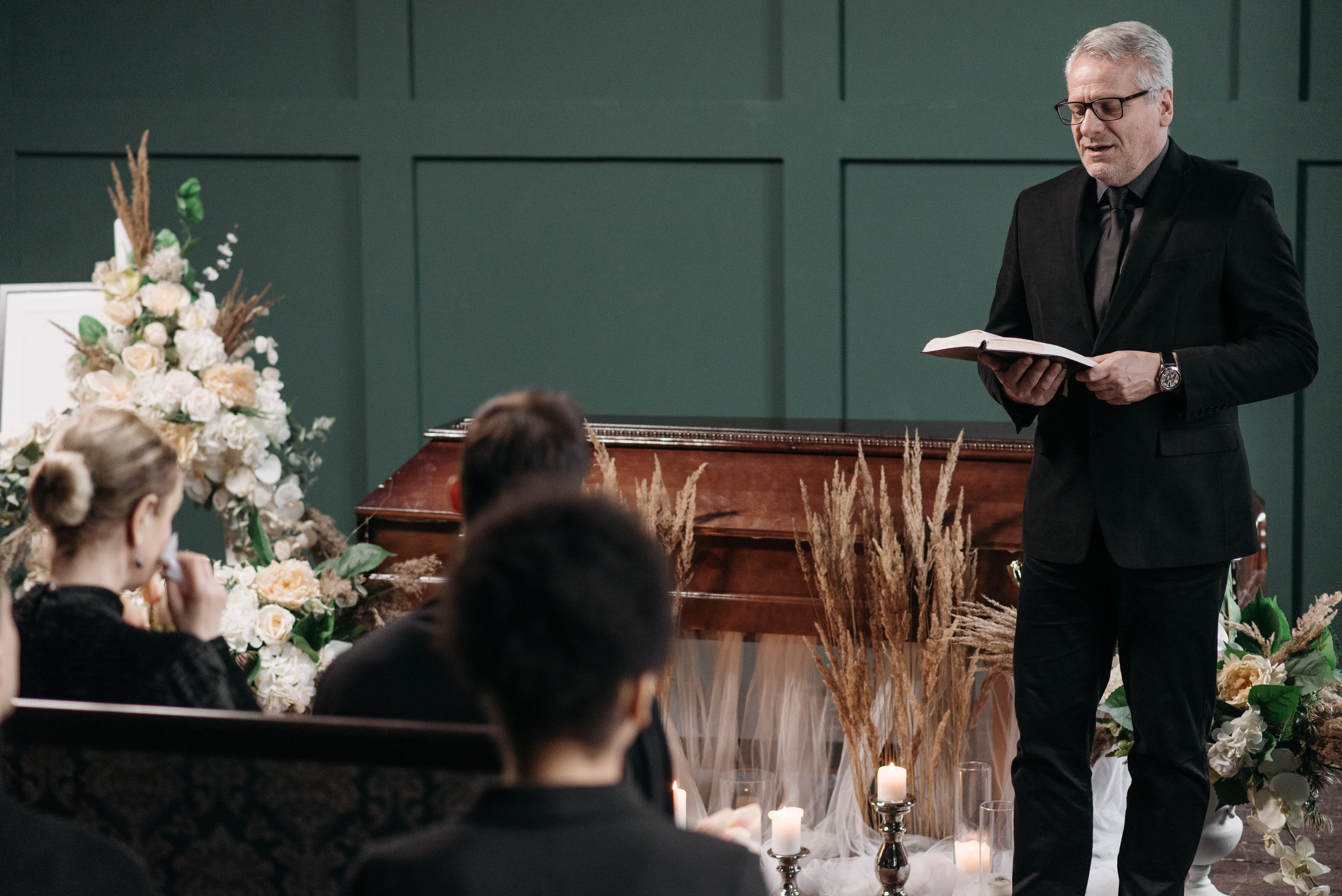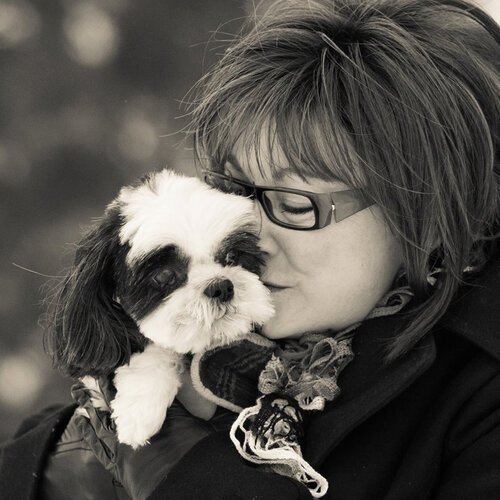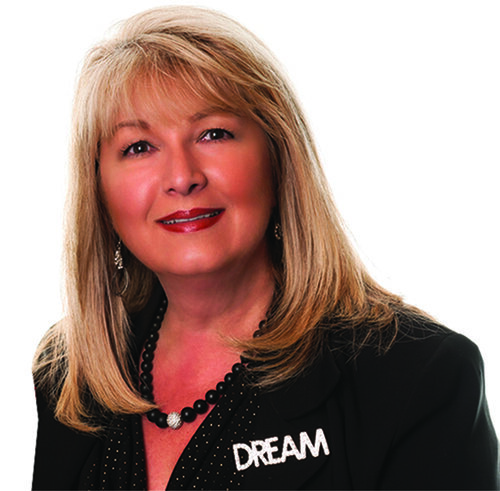Tailoring memorial events: the purpose and value of celebrants
When someone passes, there are often a frantic few days of planning compounded by stress and grief. Many families in these very early days have limited emotional capacity to coordinate their ideal service. Enter celebrants: individuals who can take care of the details required to create a memorable ceremony.
The role of a celebrant
Celebrants are sensitive and respectful individuals who collaborate with family members closely to ensure the ceremony is personalized to your needs. The time spent discussing ideas offers an opportunity for family members to share stories, connect, rekindle relationships, and begin to heal. A celebrant can identify ways for family members to contribute or participate in the ceremony as well. Ultimately, they work with you to create a reverent space to reflect and honour your loved one.
What a celebrant can help with
Celebrants work closely with you to:
Create a schedule of the event’s commemoration activities
Write a eulogy that portrays the individual as an authentic story rather than an itemized resume
Coordinate an obituary and/or memorial program
Brainstorm ideas to honour the person being remembered
Prepare for a ceremony of any kind, including ash scattering
Host and emcee a service
What a celebrant cannot help with
Celebrants are not generally event planners. Most celebrants don’t book catering, venues and AV equipment; manage liability forms, insurance and liquor licenses; or procure flowers, keepsakes and items for you. Celebrants often know, though, how to access these items or can recommend suppliers in planning.
Ideas for celebrating loved ones
Celebrants can help your family identify meaningful activities. Here are some examples of elements that could be incorporated:
Readings, poems
Guiding words
Music
Keepsakes
Nature
Media
Tributes
Open mic
Stories
Favourite memories
Prayer
Ritual events
Ceremonies can be formatted in whichever way makes the most sense for the family and loved ones grieving. For some, that may mean the remains are not present, or that time and space are allowed between death and the hosting of a service.
These are some of the commemoration events an end of life celebrant can help you prepare for:
Wake/vigil
Graveside service
Celebrations of life
Scattering ceremonies
Anniversary remembrance gathering
Ceremonies
Memorial services
Funeral services
Home funerals
Farewell service
Living celebrations of life are a recent phenomenon that often precede medically assisted death or that are a result of an expected terminal passing. The person being honoured has an opportunity to provide input and participate in their ceremony to say farewell.
Learn more at pineboxfunerals.ca/celebrant-officiant.
Celebrants near you
Bonnie Hoffmann
Bonnie provides funeral home services in Sherwood Park, operating Pine Box Funerals. She clarifies the processes around death, creates meaningful celebrations of life and provides practical help to navigate loss and grief.
Lori Lucki
Lori is trained to guide and facilitate loss. She can provide both emotional and spiritual support. She commits to working with you to create a beautiful, memorable ceremony and to hold sacred space for you and your family.
Dorine P. Kielly
Dorine has served the Edmonton community as a certified special event planner for three decades. Adding to her event portfolio of services, Dorine is a certified celebrant and she is able to help you plan a celebration to commemorate a special individual through a celebration of life.







